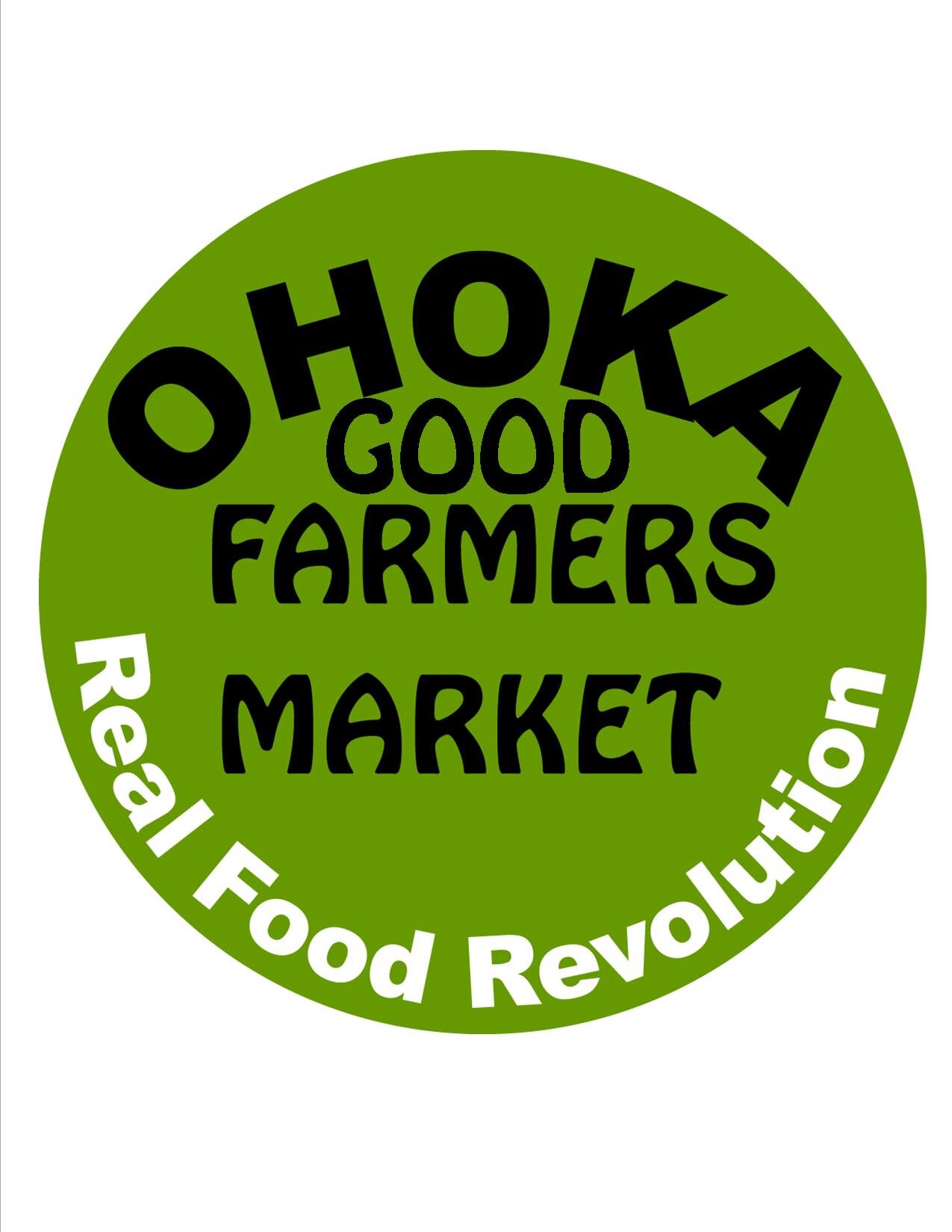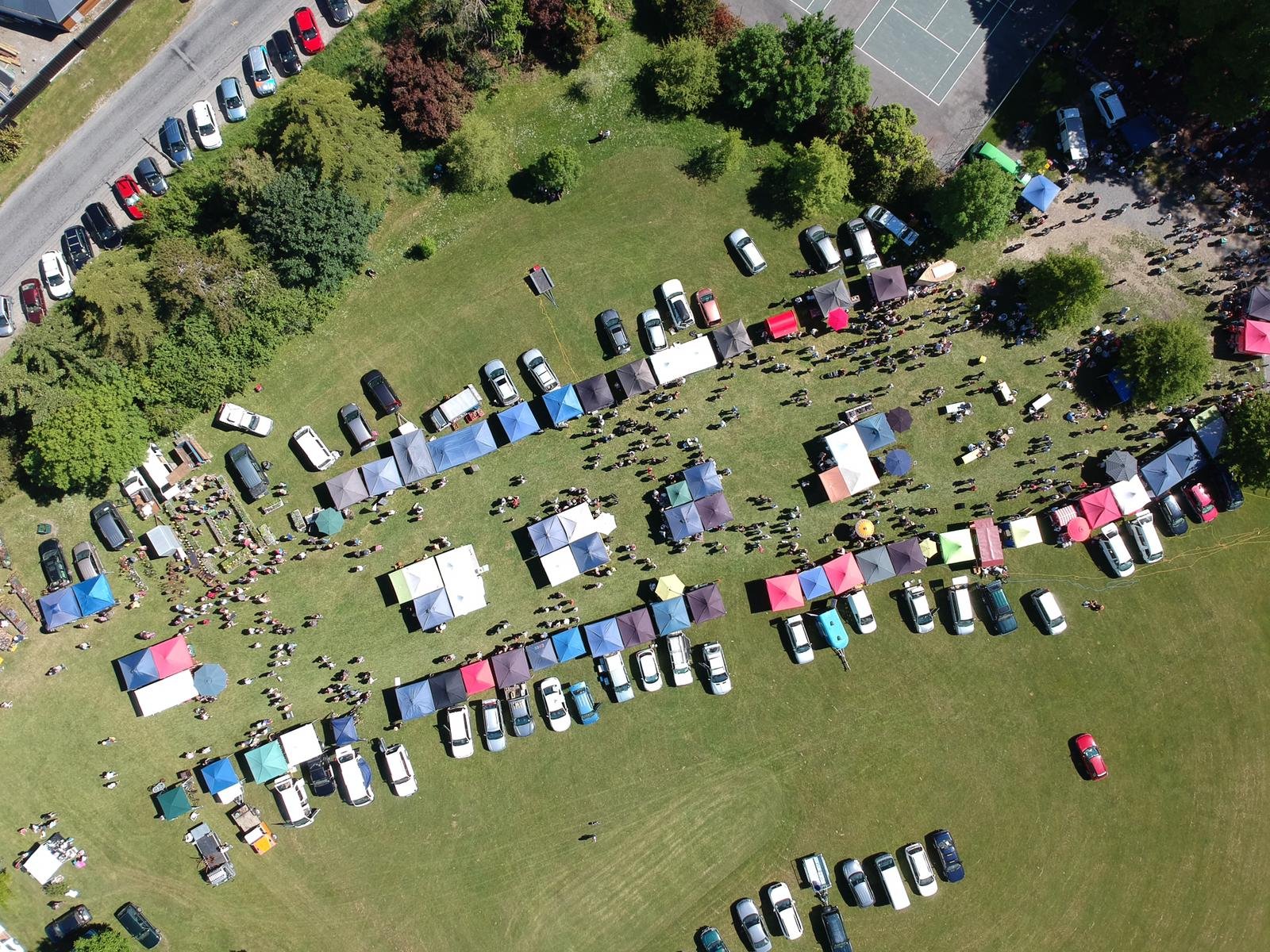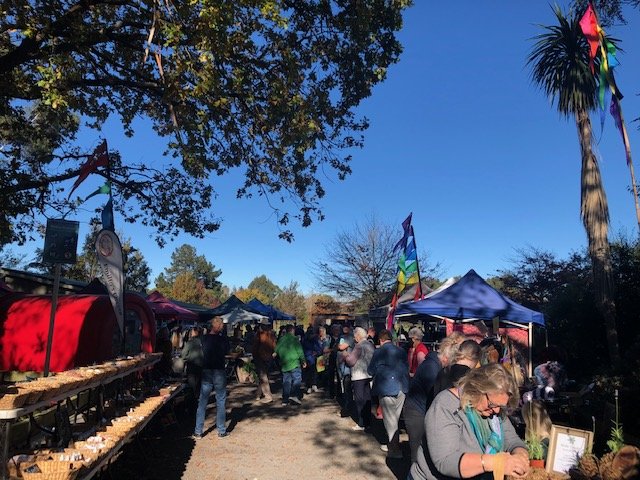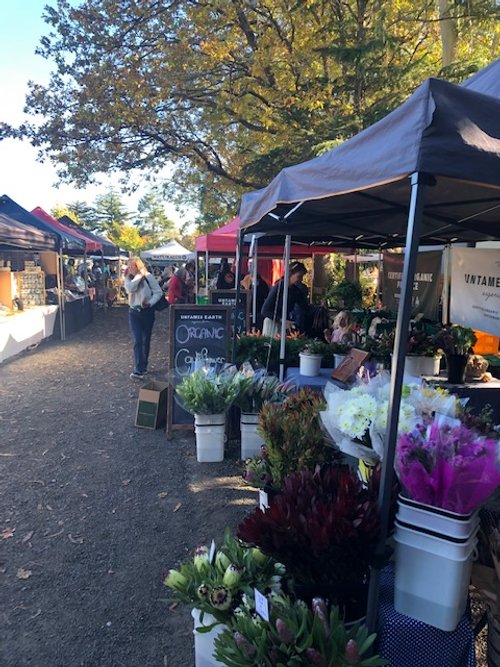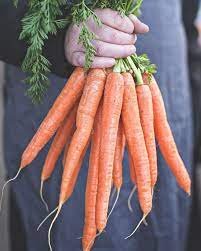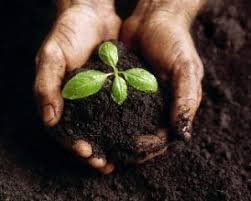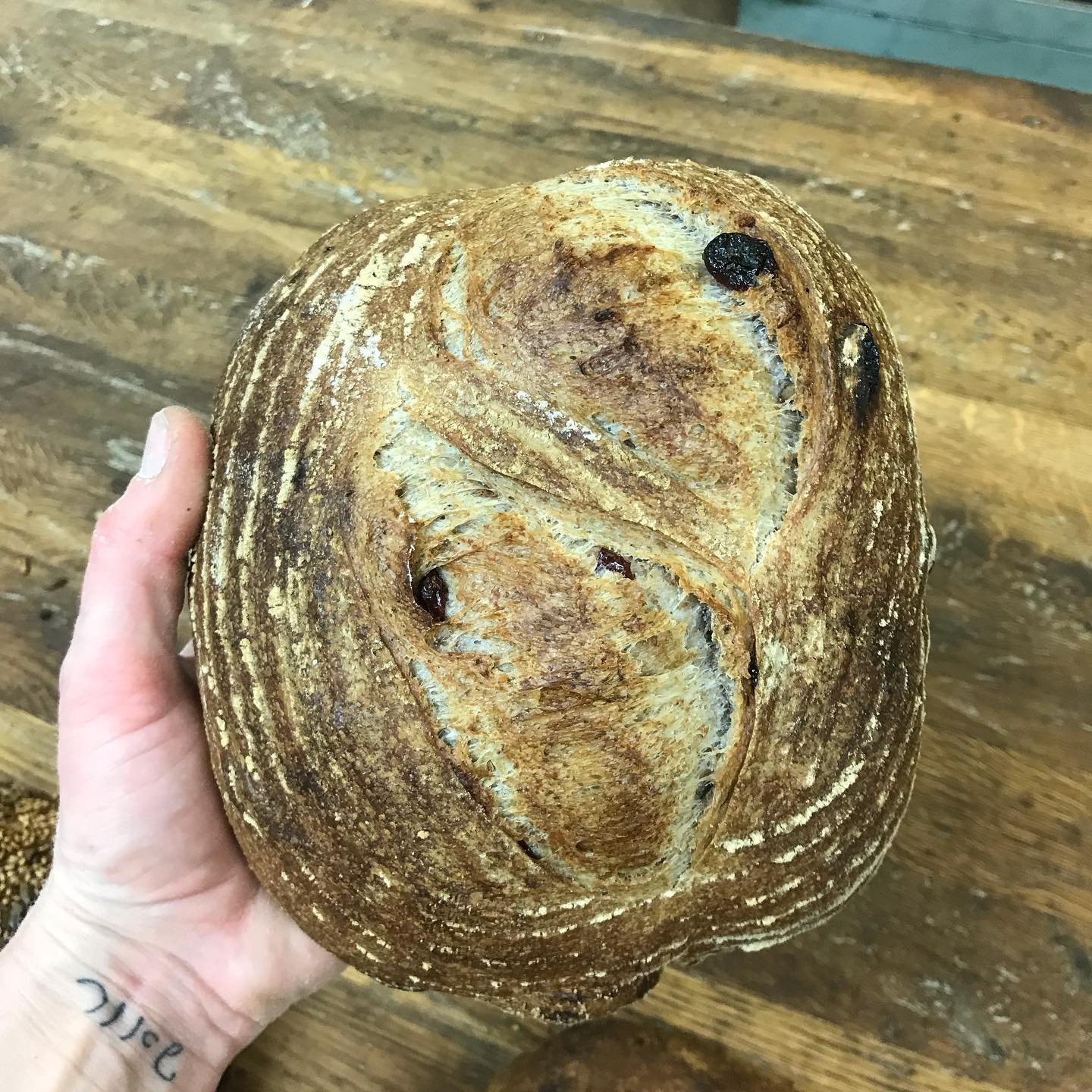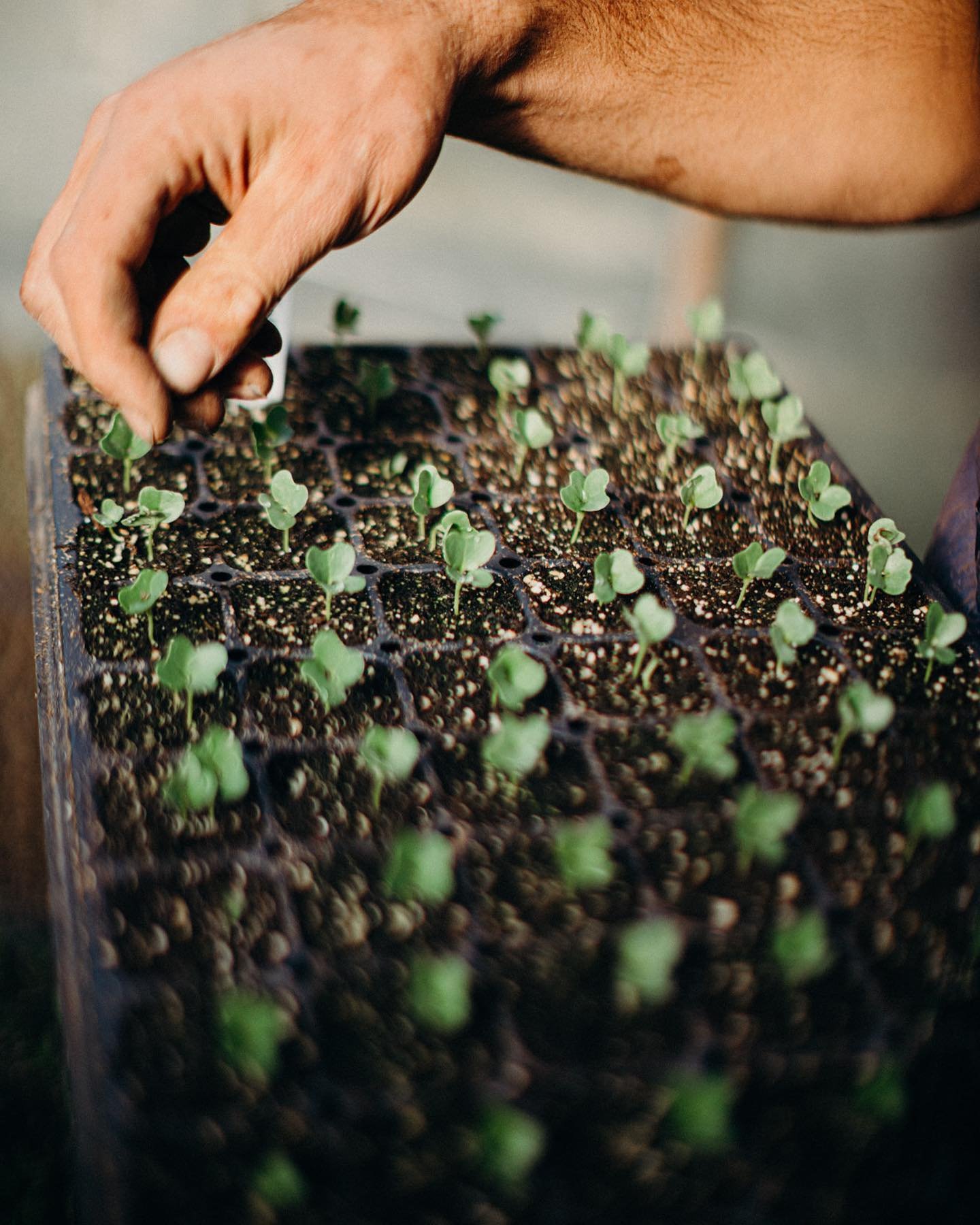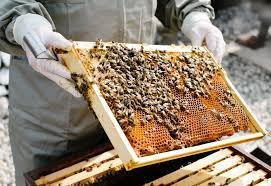Act local think global.
OHOKA FARMERS MARKET YEAR ROUND since 2009
REAL FOOD REVOLUTION & FOOD de RESISTANCE EVERY FRIDAY
The Manifesto for Localisation starts with your Friday morning Farmers Market.
Many of us have been making different choices about what we eat, who we buy our food from and how we grow and make our food for a while now; since we first started the market in 2009 in Ohoka.
Over the decade and more the market has been a place where many different small food artisans and artisan crafter’s have gathered to sell their wares. This farmers market is a collective of sorts of different businesses, but each business and individual trader is independent.
After many years of experiencing a decline in the quality of some foods and the availability to them in some regions; an awareness around the perils of inferior quality, industrially processed, factory farmed foods has fuelled the localisation movement of which Farmers Markets are central.
The politics that Farmers Markets along with their growers and producers and small businesses have had to navigate to operate at all, rarely exposes itself on any market morning. This is a good thing. Instead the growers and producers and artisans are free within legislative reason to trade and supply the demand for their goods to the many willing customers on a regular basis.
The greater good of Farmers Markets and those small businesses that make up the market, is not easily overlooked. There is a much bigger picture and the reach is wide; from good quality food to nutritional benefits, from regenerative land use to healthy soils and eco- systems, from freshly harvested produce to knowledge about plants, veges, and growing them, from small businesses to quality animal husbandry and the benefits of self-employment, from relationships between the food providers and their customers and the local customers and other customers, from food preferences to good food choices, from money made in those small businesses to money spent in the community and providing demand for other businesses to eventuate and become part of the local economy, from one person’s regular shop to a vibrant community of diverse food choices. There are alot of other reasons too but the point is the footprint of a Farmers Market is local.
In contrast to the local, you have globalisation. Big Business is Globalisation’s best mate and being their pimp; those big businesses often push convenience and create dependency.
The main stream food system is anything but independent and it creates an unhealthy vulnerable dependency amongst it’s customers. Too many of us are totally dependent upon this food system and we are unhealthy more often than not because of it. Many of us have become so removed from our relationship with food that we don’t actually know what is good for us when we need it most. Many of us struggle to know what to do when the supermarket shelves go empty in times of crisis. The ‘just in time’ system is the flag ship for these centralised food industries, and it fails catastrophically in times of the unpredictable.
A food system which is increasingly centralised means food industries become national entities or as is more often the case global ones. In other words few are rarely independently locally owned. Centralisation is dressed up to look like efficiency, cost effective and modernity. It favours national economies that favour global monopolies of which only big Global companies and industries are a part. Screw small independent local business. It often ends up looking like long complex and wasteful systems of manufacturing, inferior even toxic quality and conformity/sameness - let alone creating soul-less jobs and complete failure to deliver when things go wrong, and they have.
The grass roots Localisation movement is a complete contrast to the above. It is about diversifying our national economy so we are less dependent upon others. It puts a focus back in to the regions and what they can produce and what individuals can produce themselves. It encourages good land use, small lifestyle blocks, and housing developments that enable food independence by way of food access ie room for a vege garden or fruit tree, and more serious food production using traditional methods, the keeping of animals for food production, it encourages resilience in times of adversity which do and have occurred in our time, and it encourages good quality food businesses and allows for these businesses to operate and trade in the region inevitably supporting innovation and creativity. It creates trust, and confidence in the community and well being.
Supermarkets are the flag ship to a food system that is sick to the core and Farmers Markets are the canary in the industrial food complex coalmine.
Since 2009 things have not improved in the main stream food system. It does not help that Big business is very good at marketing highly addictive convenience. As a nation we are increasingly dependent upon the mono cultural farms to feed us, and focus on export markets rather than our regional populations. Whereas some export and competition can be a good thing, duopoly of Supermarkets is not. Despite attempts by Govt to address this problem, they remain a duopoly and effectively snuff out any small independent competition. These places rely upon the industrial model for food production. These food industries have also more lately adopted the localisation lingo as a form of marketing; which looks to fool their customers with ‘local growers’ and ‘local owners’ publicity. The Govt food legislation standards are generally suited to the larger producers and not the small independent or individually owned businesses; thereby the costs of compliance can be prohibitive to the small guys.
Globalisation despite some advantages, has primarily left us dependent upon others usually overseas for just about everything; food to clothing, machinery to technological advancements to name only a few. We are fooled into thinking that perpetual growth is necessary and AI and GE are essential if we are to keep up with modernity in the modern world. You do not need to look far to notice the effects of this globalised centralised food system; empty shops, the shops gone, the shops closed, the smaller manufacturing businesses gone, the orchards gone, the fruit growers gone. What has replaced them?
Localisation since its early days in the ‘80’s in the USA when it began as the slow food movement; has meant there are now many Farmers Markets in many industrialised countries in the world. It was a grass roots response to the over arching toxicity of big business in our food chain from land to health. Some call it a parallel food system and it has evolved to envelope traditional skills in craft lost to factory and industrial production of the inferior.
Every time you shop at your Farmers Market, you are supporting and fostering the growth of good farmers, and producers in your region. Thank you, you are a hero!
Ohoka Farmers Market unlike many others is a real country market. Our customers are both rural and city based, young and aged, many with families and politically diverse too. Our common ground is good quality food. Many of our stallholders are based within Waimakariri or very close in neighbouring regions from coast to hinterland but we also draw the out of region growers with seasonal produce. The market is a working market; which is central to what makes a farmers market so special; the seller is the producer. It is also a weekly place of diversity, joy, discovery, inspiration and overall a meeting place for people of all kinds from all over who share an understanding of what it takes to keep a Farmers Market working; buying the food from it regularly.
The market is most importantly a show case of what is possible in the wider Waimakariri region, and Ohoka is something special in that place. The family that run’s the market have done so since its inception. They have resided in Ohoka for a long time, and lived in the Waimakariri and Canterbury region most and all of their lives. They have long been active participants in the market with it finally evolving into a shared generational experience. Locals!
So for a source of the best quality foods grown and crafts made by people you can trust, join us every Friday morning in the domain. The time is now, reap sow and enjoy. Eat well.
Beyond the market…
In the past 2016 - 2012 when it was easy we have gifted 40kg of apples and plums from our market growers, to a low decile school in the area every fortnight seasonally. In 2018 we started a Fruits for Schools Campaign. The purpose was to share our locally grown fresh produce with a designated school on a seasonal basis and proceeds from the surcharge on our EFTPOS enable us to do this on a seasonal basis. Thank you for your help in enabling the market to do this.
The $2 surcharge which helps us pay for our costs to supply you with cash, also goes towards vouchers and prizes awarded to stallholders and customers at The Good Friday Great Cake Competition and our annual Christmas Hampers prize which has been operating for over a decade.
As the local banking system is affected by global banking trends which currently push for a cashless society, and more of a reliance or dependence upon a centralised banking system we suggest you keep using cash as much as possible and whenever possible. The more you use it the more others have to.
The market has also supported local Charity Jams, Westpac Air Rescue, the Cust Volunteer Fireservice, NZ Cancer Society, SAFE, and numerous other charitable groups in the region who are compatible with our local food objectives.
We also ask everyone who supports the market to refrain from using the market to promote yourself, or anything you think or decide needs promoting. Please do not use it as a place of protest or awareness of and for their own or for others political, social, personal objectives. We are an inclusive community event but our objective is to simply provide access to good quality food every Friday morning. Help us keep it simple.
